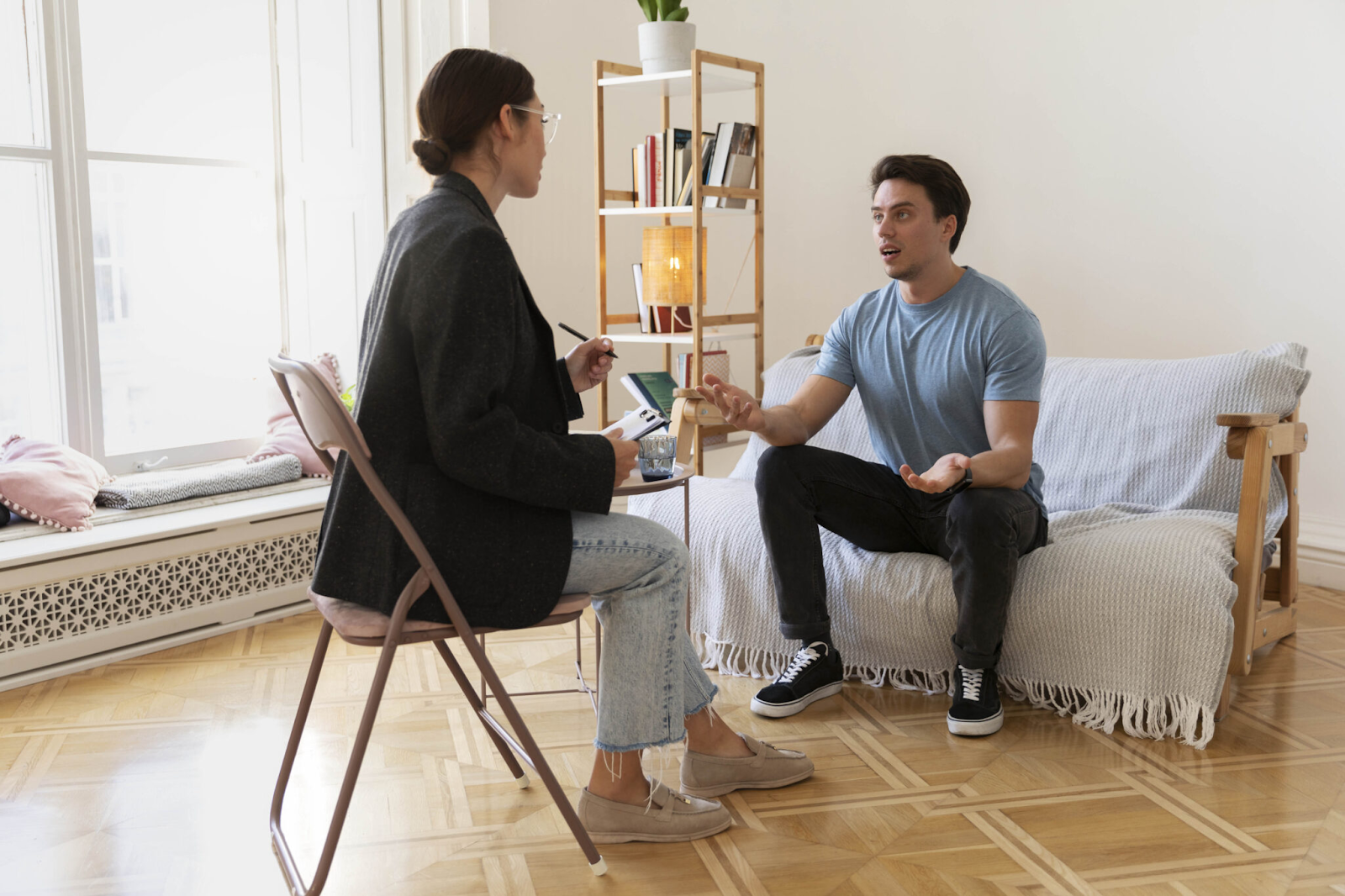When Do You Need to See a Clinical Psychologist for Anxiety Disorder?
Anxiety is a common part of life, but when it becomes persistent, overwhelming, and interferes with your daily activities, it may be time to seek professional help. Recognizing the signs early and knowing where to get support—such as searching for a psychology clinic near me—can make a significant difference in your mental well-being.
1. Constant and Uncontrollable Worry
If you’re constantly worried about everyday matters and find it hard to control your thoughts, especially over six months or more, you may be dealing with Generalized Anxiety Disorder (GAD). A clinical psychologist can help assess your condition and guide you through proven treatment methods.
2. Physical Symptoms Without a Medical Cause
Anxiety can also appear in the form of physical symptoms, such as:
-
Rapid heartbeat
-
Muscle tension
-
Sweating or trembling
-
Fatigue or headaches
When these symptoms aren’t explained by a physical condition, it’s time to consult a mental health professional. You can begin by searching for a psychology clinic near me to find the right support in your area.
3. Avoidance of Situations or Tasks
If you’re regularly avoiding work, social events, or other responsibilities due to fear or nervousness, it could be a sign of Social Anxiety Disorder or another anxiety condition. This type of avoidance usually worsens over time, but early therapy can help reverse the pattern.
4. Experiencing Panic Attacks
Panic attacks involve sudden, intense fear, along with physical symptoms like chest pain, dizziness, and breathlessness. If these episodes occur frequently or unexpectedly, it’s important to see a clinical psychologist for proper evaluation and support.
5. Impact on Daily Functioning
Anxiety becomes a disorder when it disrupts your ability to function at work, home, or in relationships. If you’ve reached a point where your daily life is affected, don’t wait—find a nearby psychologist by searching for a psychology clinic near me and schedule an appointment.
6. Trouble Sleeping Due to Anxiety
Racing thoughts, worry, and tension can keep you up at night. Chronic insomnia related to anxiety can harm both your physical and emotional health. Clinical psychologists offer techniques like cognitive-behavioral therapy (CBT) that are highly effective for anxiety-induced sleep issues.
7. Relying on Substances to Cope
Using alcohol, drugs, or even excessive screen time as a way to numb anxiety symptoms is a red flag. These coping mechanisms are temporary and may lead to deeper problems. A psychologist can help you find healthier, lasting solutions.
What Can a Clinical Psychologist Do?
A clinical psychologist is trained to diagnose and treat anxiety disorders using a range of evidence-based approaches, including:
-
Cognitive Behavioral Therapy (CBT)
-
Exposure Therapy
-
Mindfulness-based strategies
-
Talk Therapy
Finding a qualified professional near you is easy—just search for a psychology clinic near me to take the first step toward recovery.
Final Thoughts
Anxiety is treatable, and you don’t have to face it alone. If you’ve recognized any of these signs in yourself, reaching out to a clinical psychologist is a crucial and positive step. Whether you're dealing with excessive worry, panic attacks, or avoidance behaviors, the right support is within reach.
Start by looking for a trusted psychology clinic near me and take the first step toward a healthier, more balanced life.




Comments
Post a Comment